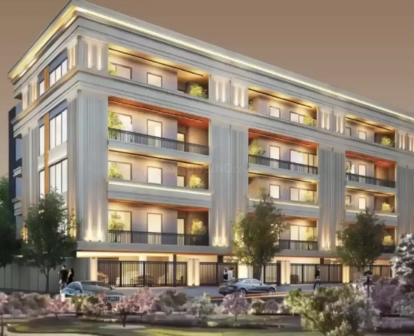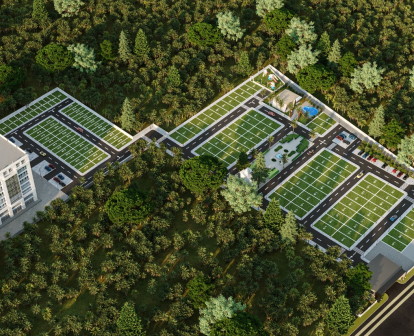
What to Look for When Buying a Property: A Checklist
Buying a property is a significant investment, and making the right decision involves careful planning and research. Whether you're a first-time homebuyer or an experienced investor, this checklist will guide you through the essential factors to consider when purchasing property.
1. Location
- Proximity to essential services: Check how close the property is to schools, hospitals, shopping centers, and public transportation.
- Neighborhood safety: Investigate the crime rates and overall safety of the area.
- Future development plans: Research upcoming infrastructure projects that may affect property values, such as new roads, parks, or commercial areas.
2. Budget and Financing
- Determine your budget: Know what you can afford, including down payment, closing costs, and potential repairs.
- Loan pre-approval: Get pre-approved for a mortgage to understand your borrowing limits and secure better deals with sellers.
- Property taxes and maintenance costs: Factor in recurring costs like taxes, homeowners' association (HOA) fees, and insurance.
3. Property Condition
- Structural integrity: Have the property inspected for foundational issues, leaks, or damage that could lead to costly repairs.
- Age of the property: Consider the age of the home and the condition of key components such as the roof, plumbing, and electrical systems.
- Renovation potential: If you plan to remodel, ensure the property allows for upgrades and changes without exceeding your budget.
4. Legal Due Diligence
- Verify property title: Ensure the seller has a clear title and there are no legal disputes or liens on the property.
- Check zoning laws: Verify whether the property complies with local zoning regulations, especially if you plan on making modifications or using the property for commercial purposes.
- Building approvals and permits: Confirm that the property has all necessary government approvals, particularly if it’s a new construction.
5. Resale Value
- Market trends: Research property price trends in the area to assess future appreciation.
- Demand in the neighborhood: Properties in high-demand areas generally have better resale value.
- Home features: A well-designed floor plan, energy-efficient systems, and modern amenities can boost resale value.
6. Builder Reputation
- Research the builder's history: If you’re buying from a developer, check their past projects, delivery times, and customer reviews.
- Post-sale support: Investigate the builder’s policies on warranty and support after the sale.
7. Amenities and Community Features
- On-site amenities: Many modern properties come with added conveniences like gyms, pools, or clubhouses. Evaluate these based on your lifestyle.
- Community development: Consider if the community offers benefits such as parks, playgrounds, or cultural spaces.
8. Environmental and Lifestyle Factors
- Noise and pollution levels: Consider the noise level from nearby roads, businesses, or construction.
- Flood zones or disaster-prone areas: Check if the property is located in an area prone to natural disasters like floods or earthquakes, and factor in insurance costs.
- Lifestyle fit: Think about whether the property suits your daily routine and long-term goals.









